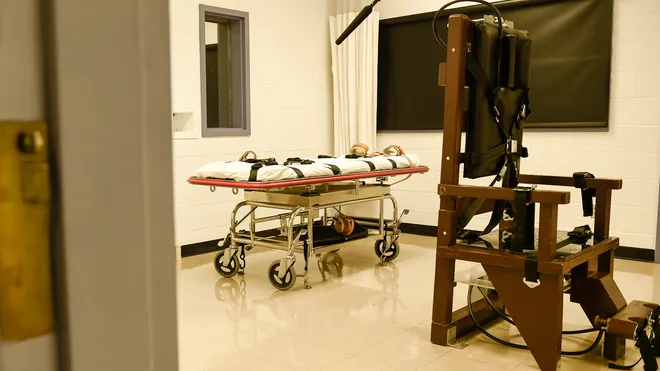Already a subscriber? Make sure to log into your account before viewing this content. You can access your account by hitting the “login” button on the top right corner. Still unable to see the content after signing in? Make sure your card on file is up-to-date.
The South Carolina Supreme Court ruled that death by firing squad and other execution methods deemed cruel and unusual are legal if requested by the inmate.
What’s the deal: In 2021, South Carolina chose to permit executions by firing squad and electrocution because of a shortage of lethal injection drugs and recurring problems with the injection method. Death row inmates challenged this law, claiming these execution methods were cruel and unusual punishment. The case reached the South Carolina Supreme Court, where the conservative-majority court ruled in favor of the state.

What the justices ruled: In an opinion for the court, Justice John Few wrote, “The inescapable reality that an execution by any method may not go as planned—that it will be ‘botched’—does not render the method ‘cruel’ under the constitution.”
South Carolina Governor responds: In a brief statement, Governor Henry McMaster (R) said, “The Supreme Court has rightfully upheld the rule of law. This decision is another step in ensuring that lawful sentences can be duly enforced and the families and loved ones of the victims receive the closure and justice they have long awaited.”
Digging Deeper: The last execution in South Carolina was in 2011. Now, with 32 inmates on death row, the state is preparing to resume executions following a recent Supreme Court ruling. This ruling allows the use of electrocution and firing squad as alternatives due to ongoing shortages of lethal injection drugs. Nationally, the last firing squad execution took place in Utah in 2010, and the most recent use of the electric chair was on February 20, 2020.






